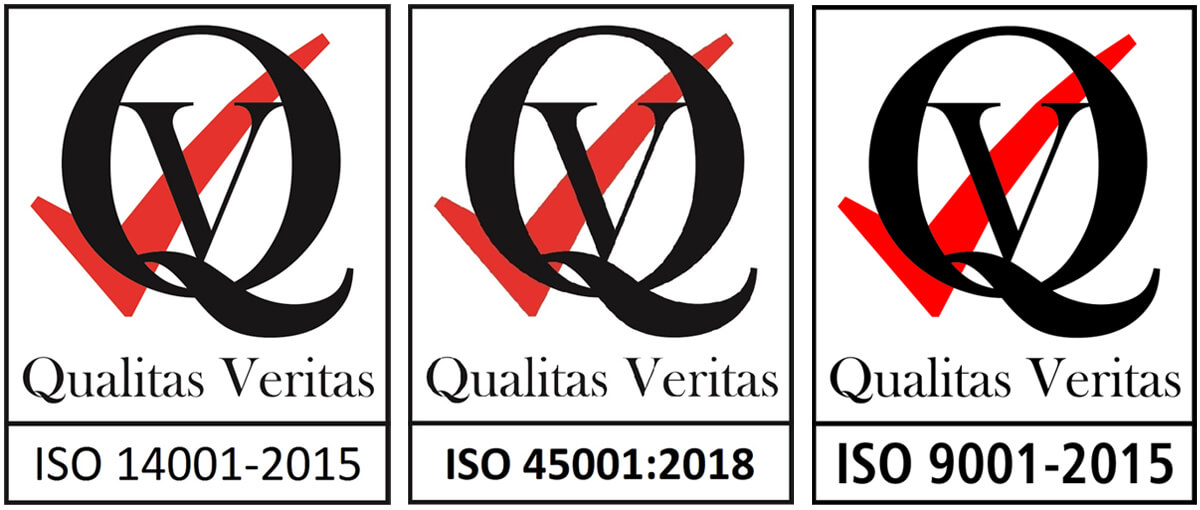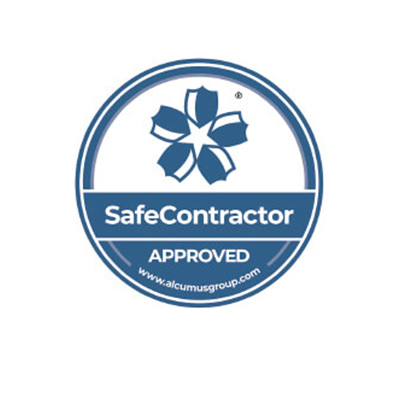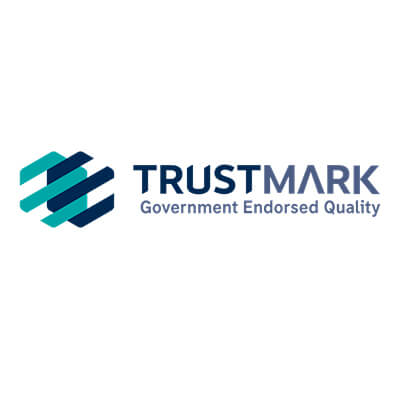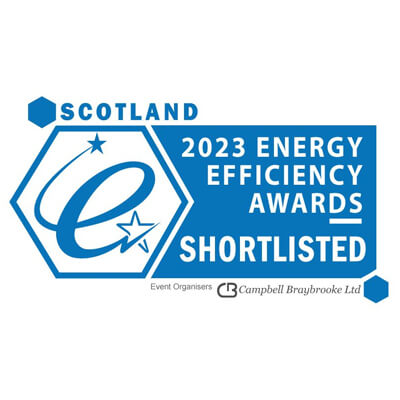Protecting Solar Panels with Pigeon Netting
As the world’s reliance on renewable energy sources continues to grow, solar panels have become a ubiquitous sight on rooftops and open fields.
However, their effectiveness can be compromised by various factors, one of which is the presence of pigeons and other birds. These feathered visitors often roost on solar panels, leading to numerous problems such as reduced energy production, damage to equipment, and unsightly droppings. To combat this issue, pigeon netting has emerged as an eco-friendly and effective solution, ensuring the seamless operation and longevity of solar panels. At Low Energy Services, we fit anti-bird netting to all of our solar panel installations as standard.
Understanding the Impact of Pigeons on Solar Panels
Pigeons are drawn to solar panels for various reasons. The panels provide an elevated platform that protects them from predators and weather elements. Additionally, the warmth generated by the panels can be inviting for birds seeking a comfortable roosting spot. Unfortunately, their presence can be detrimental to the performance of solar panels in several ways.
Reduced Efficiency: Pigeons and their droppings create a layer of debris on the surface of the solar panels, hindering the absorption of sunlight. This layer acts as a barrier, reducing the efficiency of the photovoltaic cells and diminishing overall energy production.
Damage to Panels: Pigeons are curious creatures and may peck at the panel’s surfaces or insulation, leading to scratches and even punctures. This physical damage can compromise the structural integrity of the solar panels and reduce their lifespan.
Safety Hazards: Accumulation of bird droppings on panels poses a safety hazard to maintenance workers or anyone who needs to access the solar arrays. It can create slippery surfaces and exposure to potential health risks associated with bird droppings.
Maintenance Costs: Regular cleaning and repairs to remove bird droppings and fix damages can significantly increase maintenance costs for solar panel owners.
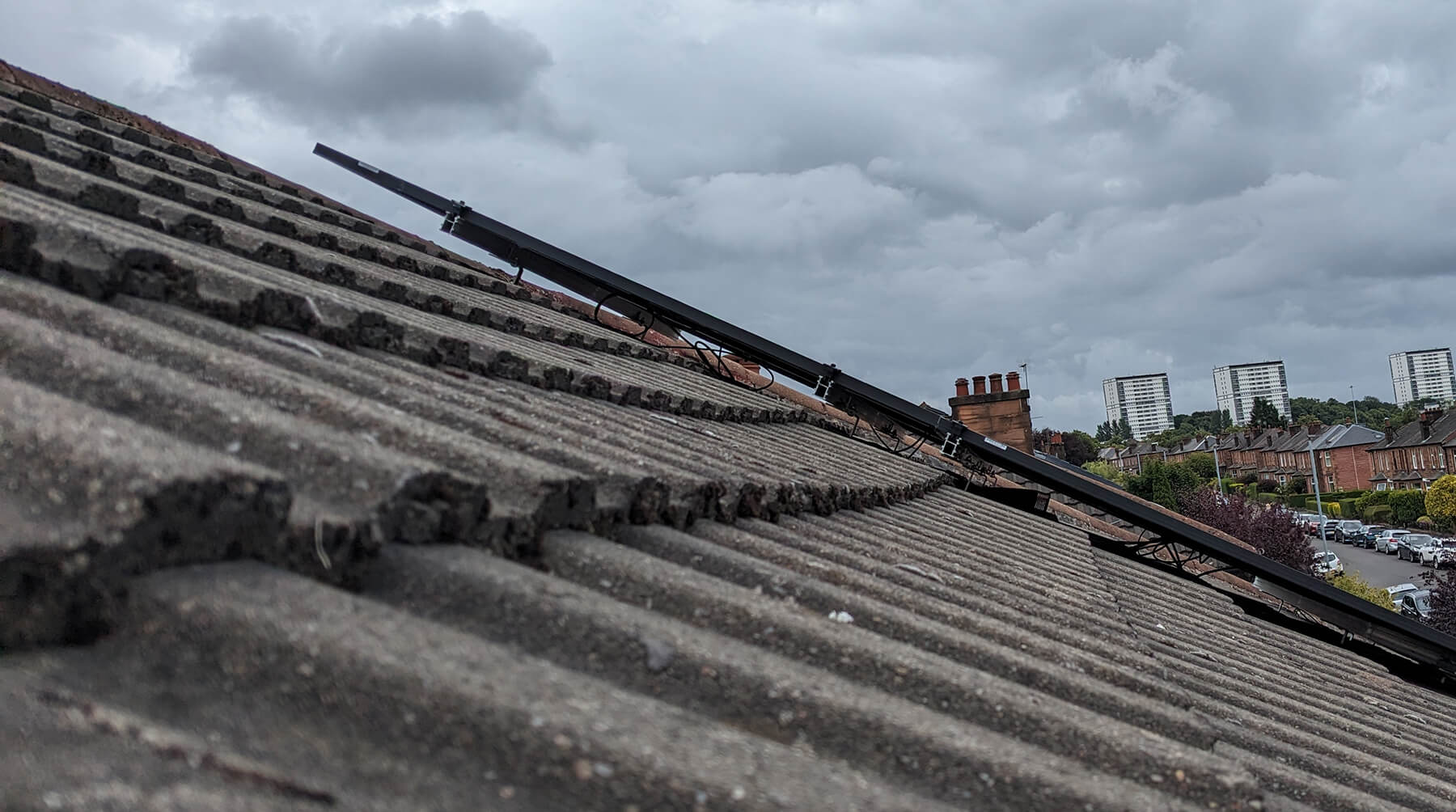
The Solution: Pigeon Netting
Pigeon netting has emerged as a sustainable and humane solution to prevent pigeons from roosting on solar panels. The netting is typically made from durable materials such as polyethylene or nylon, designed to withstand harsh weather conditions and UV exposure. The nets are precisely installed over the solar arrays, creating a physical barrier that denies access to pigeons and other birds.
Advantages of Pigeon Netting for Solar Panels
Improved Energy Production: By preventing pigeons from roosting on solar panels, the netting ensures that sunlight can reach the photovoltaic cells unobstructed. This leads to improved energy production and higher overall efficiency.
Reduced Maintenance Costs: Pigeon netting significantly reduces the accumulation of bird droppings and physical damages to the solar panels, minimizing the need for frequent cleaning and repairs. This results in substantial cost savings for solar panel owners.
Environmentally Friendly: Pigeon netting is a non-toxic and eco-friendly solution that does not harm birds. Unlike harmful chemicals or bird repellents, the netting creates a safe barrier without causing any harm to wildlife.
Long-lasting Protection: High-quality pigeon netting is designed to be durable and resistant to environmental wear and tear. When properly installed and maintained, it can offer long-lasting protection for solar panels.
As the world seeks sustainable energy solutions, solar panels play a crucial role in reducing our carbon footprint. However, their effectiveness can be diminished by the presence of pigeons and other birds. Pigeon netting emerges as an effective and eco-friendly solution to protect solar panels, ensuring optimal energy production, reducing maintenance costs, and promoting the longevity of solar installations.
We install all of our solar panel systems with pigeon netting as standard but a lot of installers don’t. Solar panel owners should consider investing in high-quality pigeon netting to safeguard their clean energy investments while contributing to a more sustainable future. By taking this proactive approach, we can harness the power of renewable energy while coexisting harmoniously with our avian neighbours.



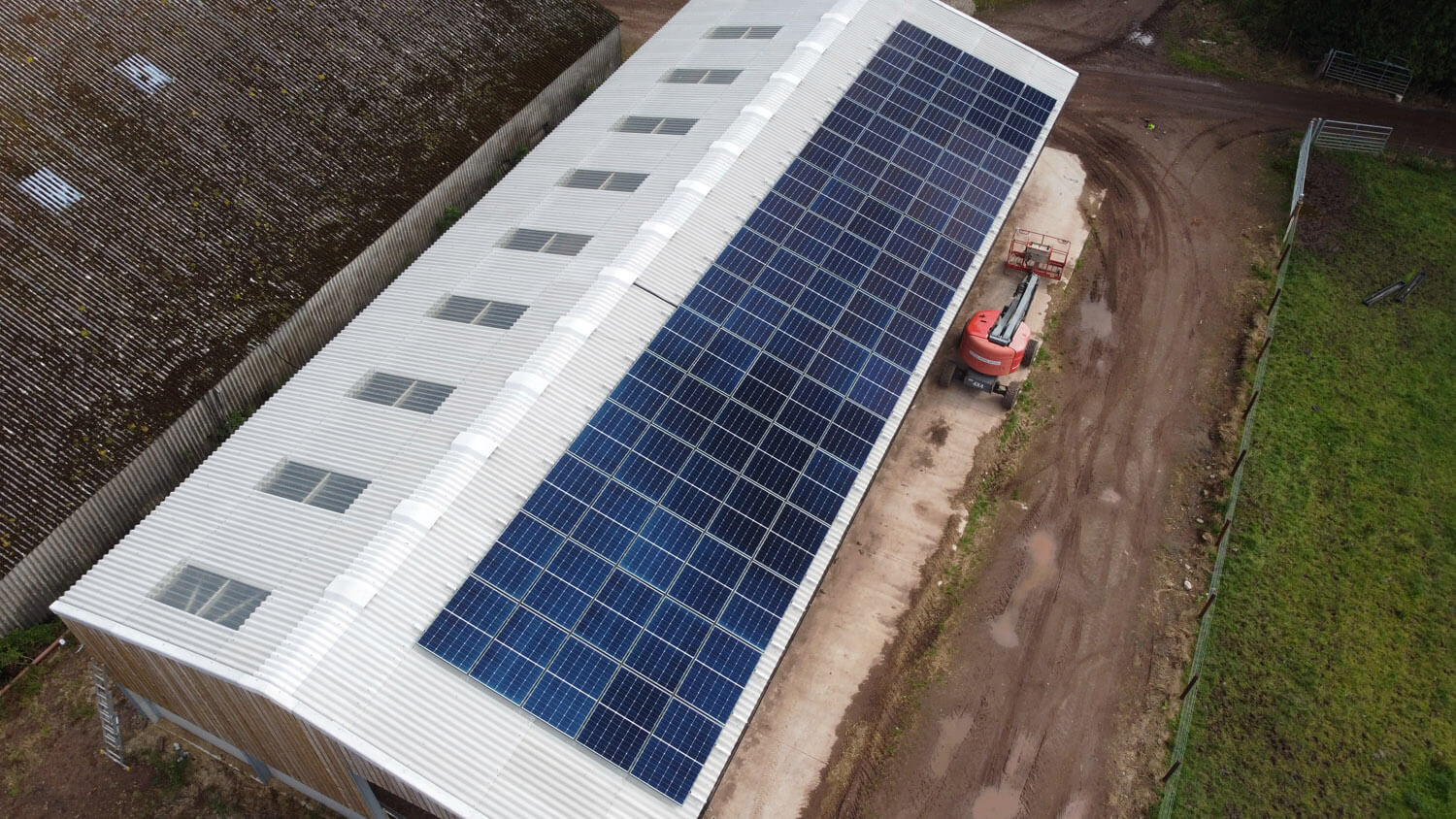
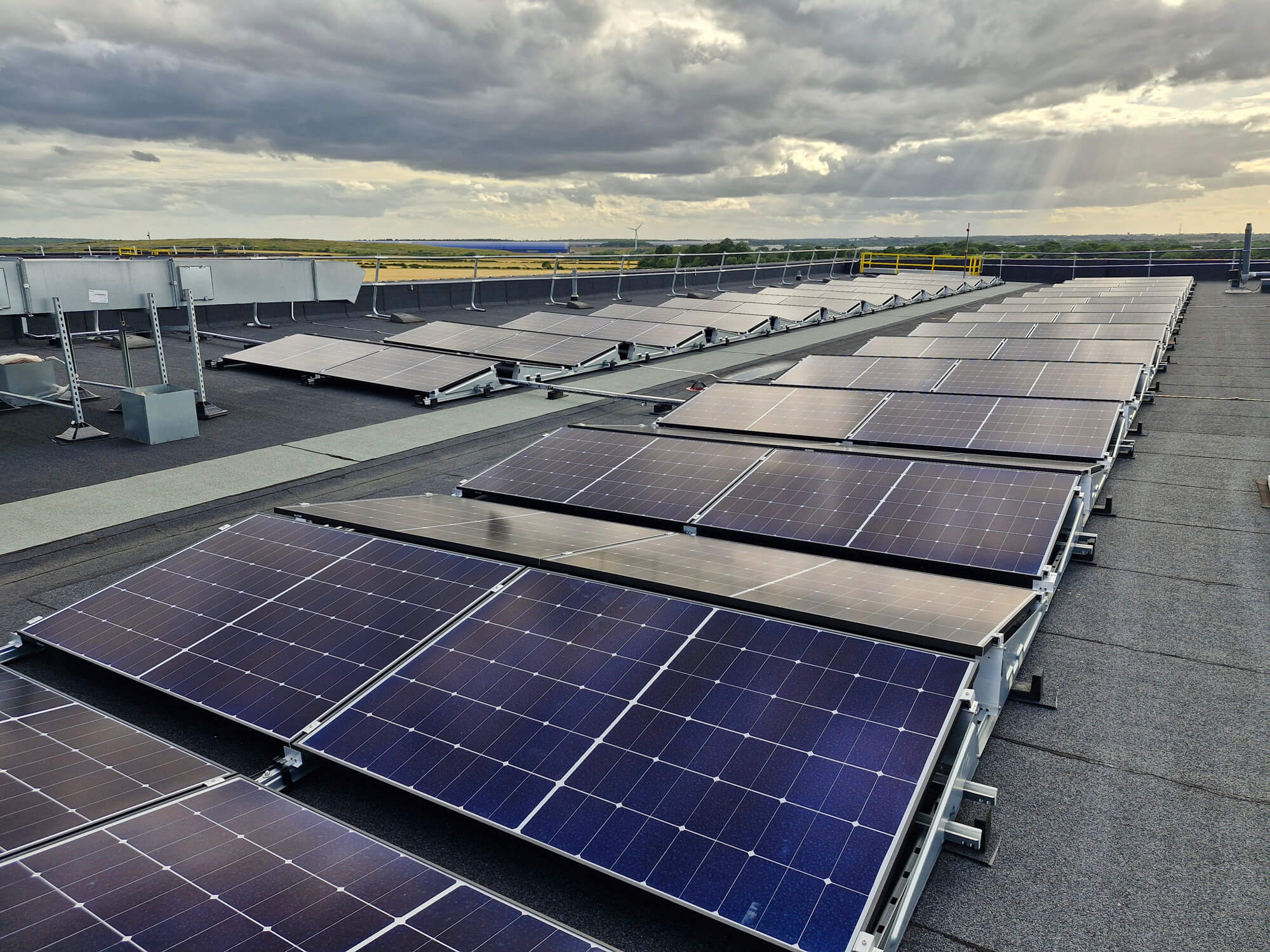
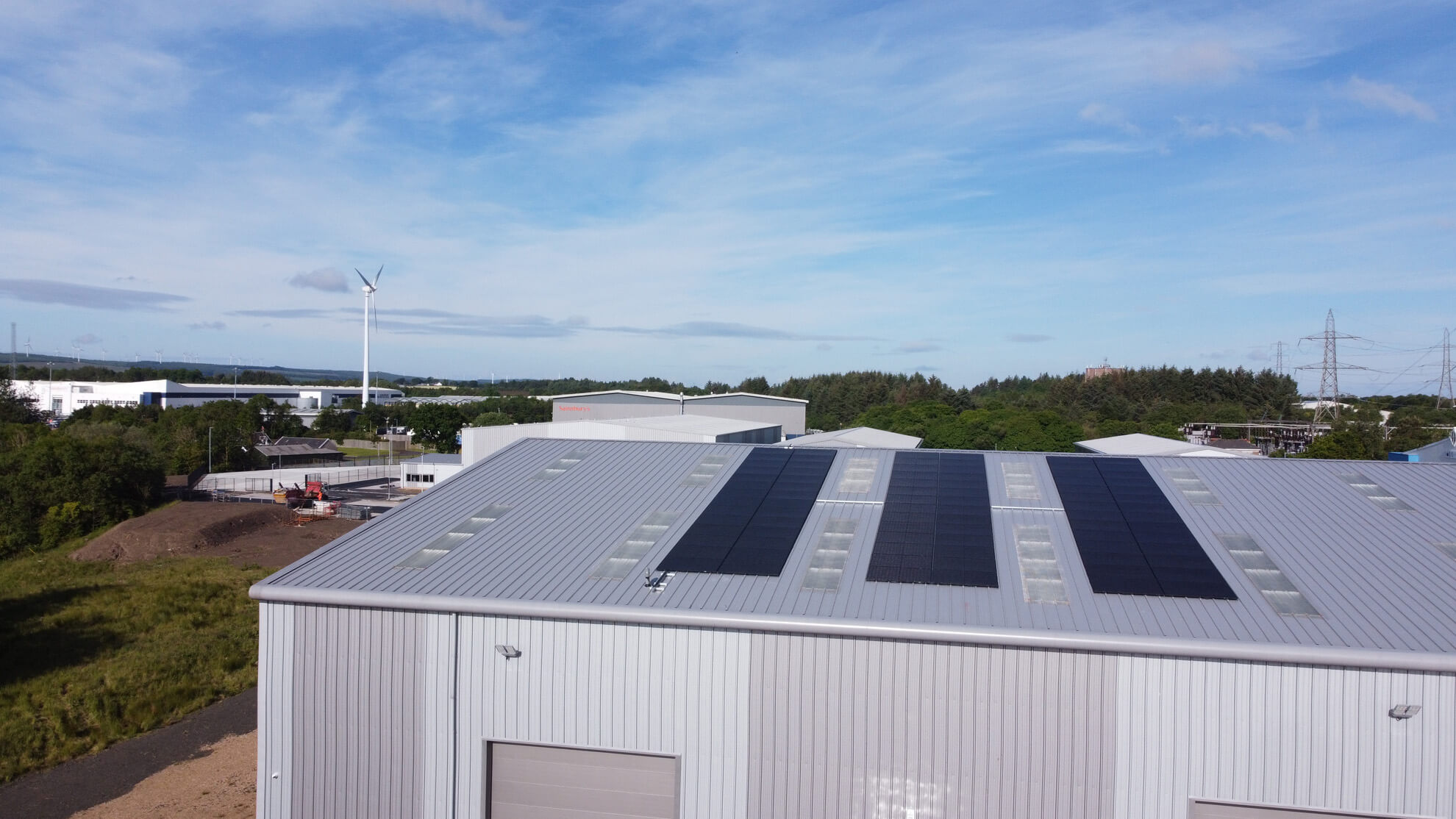
 Renewable Energy Specialists
Renewable Energy Specialists